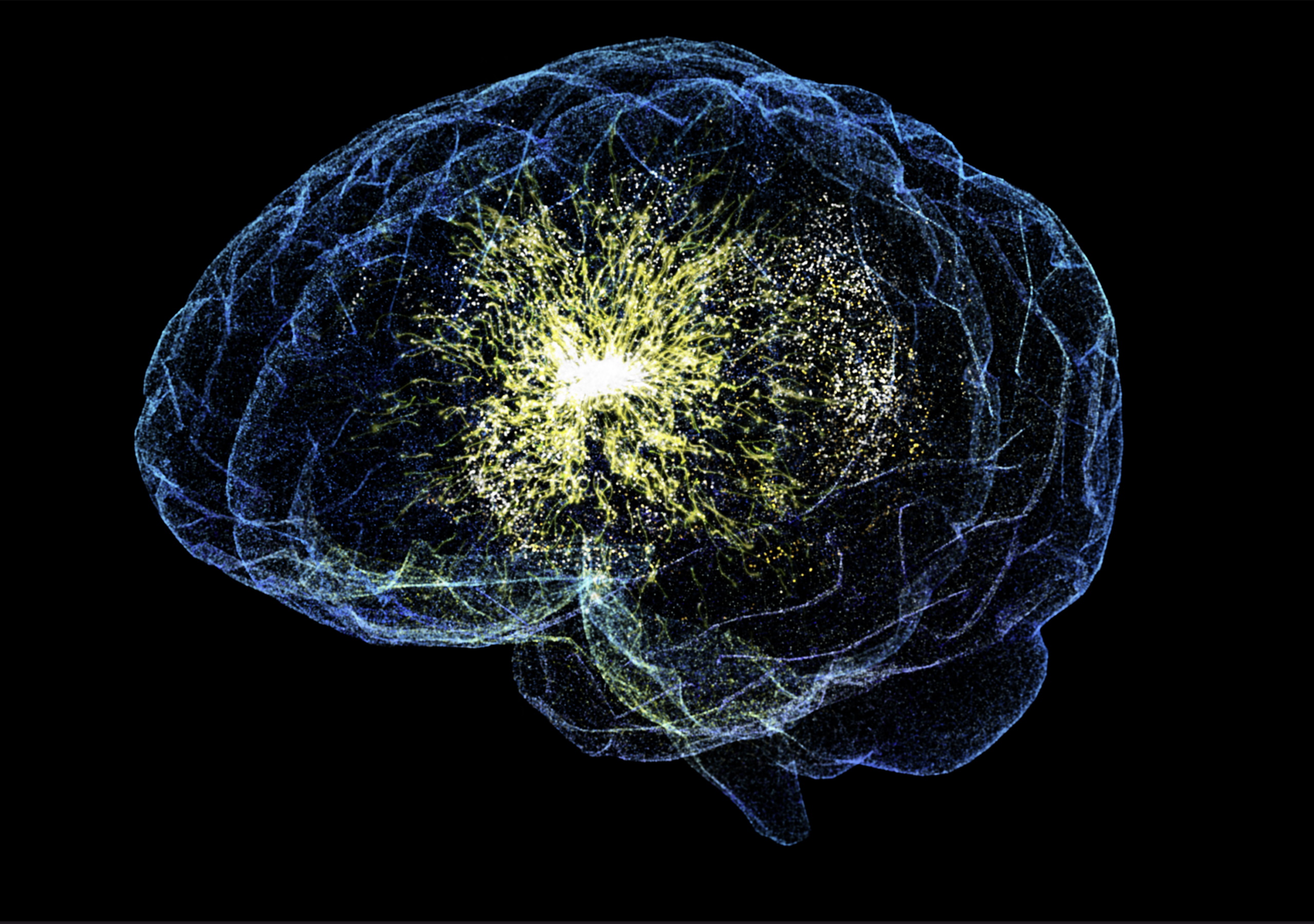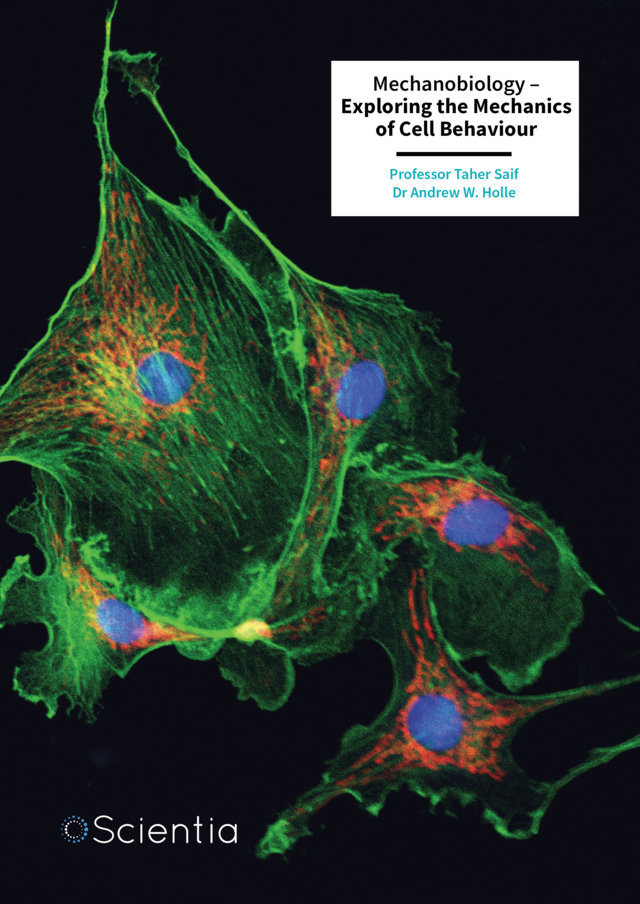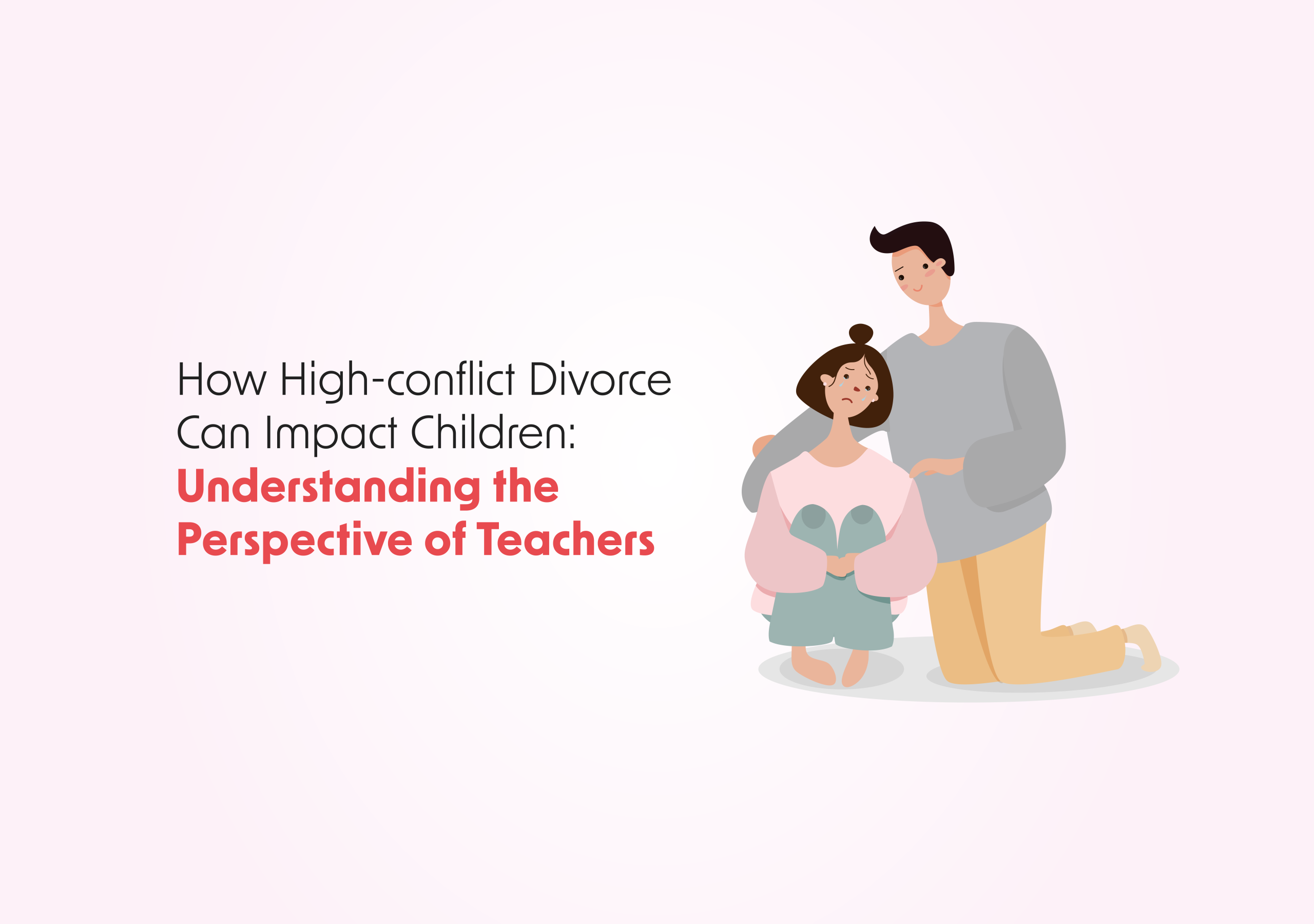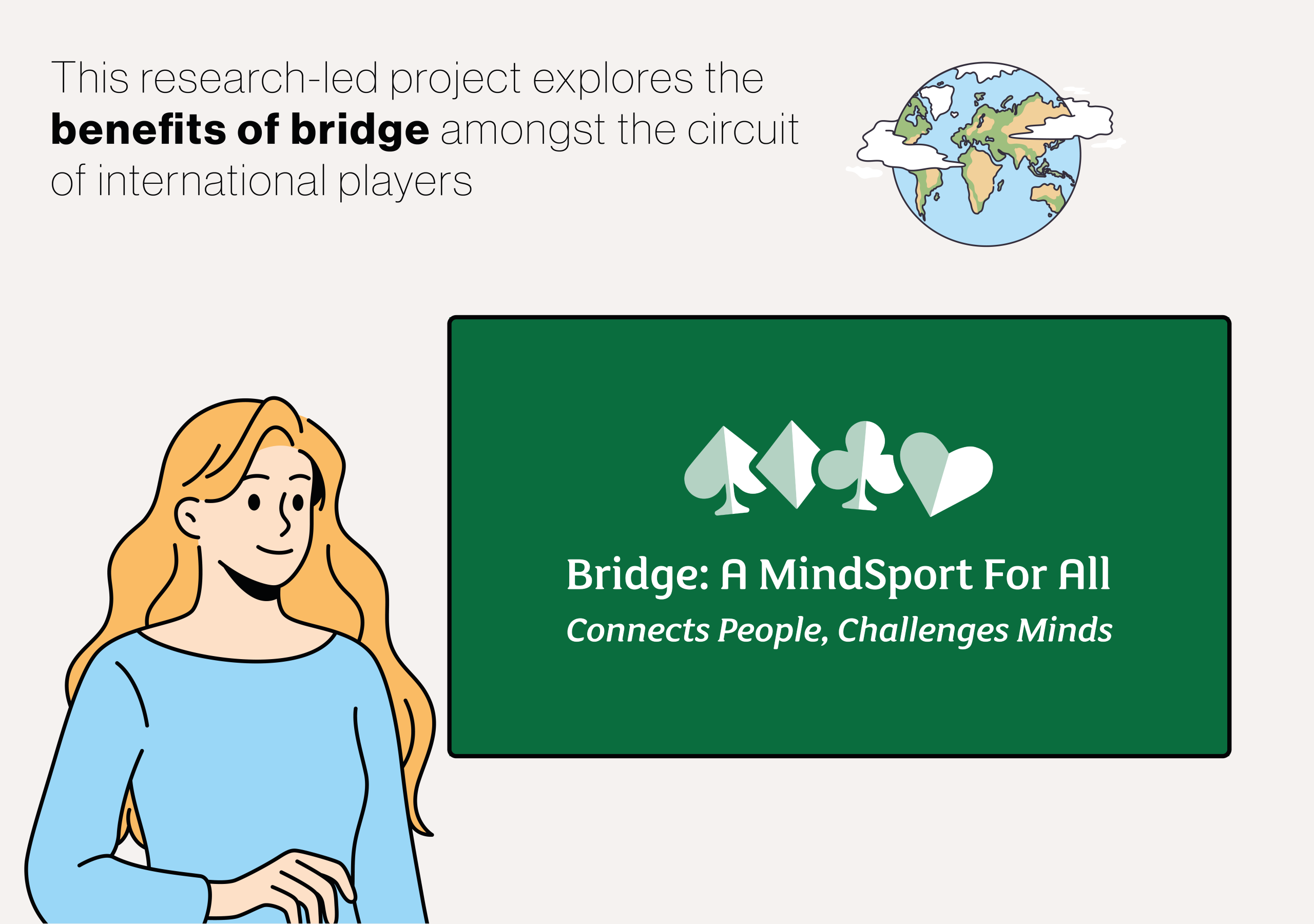Reconciliation and peace are emerging themes in tourism, with various post-conflict countries offering tours focused on peacebuilding. In the last few years, reconciliation tourism initiatives, which are defined as tourism services in which reconciliation is a major theme, have been also introduced in Israel and the Palestinian territories in the West Bank, amidst ongoing conflicts. Professor Yaniv Belhassen, of the Ben-Gurion University of the Negev, explores eight organizations that have offered such tours. His analysis suggests that ideas about reconciliation in these tours have shared characteristics in the way they are manifested in the travel experiences offered to tourists. In doing so, this study illuminates the symbolic role of tourism as a cultural arena with a transformative potential where ideas about peacebuilding can be imagined even in the places where conflicts are still active. More
Reconciliation and peace are increasing as a theme in tourism. In countries around the world, there are tours and experiences for visitors which focus on peacebuilding.
Usually, this occurs in societies which have emerged out of the other side of a long-standing conflict. Such tourism activities are part of what is known as “Transitional justice” – an inclusive term that describes institutionalized efforts made during the transition of communities from a state of ongoing conflict to one of sustainable reconciliation. For example, post-civil war Rwanda made tourism a central sector in its economic and social reconstruction. The Kigali Genocide Memorial became a heritage site and represents the new ethos of reconciliation. Other examples exist in countries such as the Apartheid Museum in South Africa, or tourism services in Bosnia-Herzegovina that explain and reflect the ramifications of the Dayton agreement, the peace settlement that ended the conflict there.
However, there are also some locations where themes of reconciliation and peace have been incorporated into the products and services offered to tourists, despite there being no resolution to the conflict in the visited region. The current study focuses on such a destination. These approaches can be defined as pre-transitional justice tools and strategies that aim to promote the transition from a culture of denial and hostility to one of recognition and accountability.
This research seeks to understand the current and potential roles of tourism practices in the future reconciliation process between Palestinians and Israelis in a destination where the conflict is currently still active. The research intends to examine the manner in which budding travel practices in the Israeli-Palestinian space can be viewed as seeds of political transformation.
…
To examine this in the context of the Israeli-Palestinian conflict, Professor Belhassen identified eight diverse organizations that offer tours in the region focusing on peacebuilding and reconciliation. The project also included field observations, informal interviews, semi-structured interviews, and website analysis. The data analysis focused on the language in which the examined tours were narrated and attempted to find shared themes. It yielded three key categories that are common to all examined tours: the recognition of both Israeli and Palestinian narratives in the same travel experience, the inclusiveness of victimhood of both Israelis and Palestinians, and the commitment to transformative ontology or the ability to see and highlight unique examples that tell alternative stories of co-existence.
The first thematic category is the recognition of multiple narratives that represents both Israelis and Palestinians. Narratives tell the story of a space and turn it into a place worth visiting, remembering, and telling others about. At the heart of the Israeli-Palestinian conflict lies two territorial claims for the same piece of land, each bolstered by various historical, religious, and social narratives. Each side’s narrative legitimizes their own claim, while sometimes delegitimizing the other’s.
Consequently, Israel and the Palestinian territories are complex traveling spaces, as they hold at least two conflicting but geopolitically significant national narratives. This is reflected, for example, in the differing tourist maps distributed by Israel and the Palestinian Authority and by many tourism companies in the region that omit or even reject any mention of another national entity on that land.
In contrast, the organizations examined in this research emphasize both narratives and their complexity. For example, two of the examined organizations, Mejdi Tours and Abrams Tours, recognize and incorporate dual narratives into their activities. Both companies offer tours with two guides – a Palestinian and an Israeli who provide a dual narrative during the tours. In this way, the tours aim to simultaneously expose tourists to both Palestinian and Israeli narratives about the space and its ongoing conflict.
The second key theme identified by Professor Belhassen was inclusiveness of victimhood. Many empirical studies have shown that exposure to the other’s sides victimhood plays a role in willingness to take reconciliatory action.
Visitors to Israel and the Palestinian territories tend to assign a range of meanings to the conflict and its causes. Some devote the visit to showing solidarity with one side, while others are more interested in simply learning what they can about the conflict. Private tourism entrepreneurs usually view tourism as an additional mechanism through which the agenda of one side in the conflict can be promoted. Usually, in such political tourism activities in the region, tourists are exposed to the victimhood of only one nationality, depending on the narrative the tourism providers want to highlight.
Belhassen found that in the organizations he examines, recognition of the victimhood of both sides was recognized in the travel narratives told to tourists. In so doing, they legitimize the suffering of the other side, regardless if the guide or the tourism provider are affiliated with one side. For example, during one of the Israel/Palestine Center for Research and Information campaigns, a Palestinian activist opened a talk by saying “we are the victims of the victims.”
This implicit reference to the Holocaust gained the sympathy of his mostly Israeli and Jewish audience. On the bus afterward, the people who had attended the talk mentioned their surprise at hearing the speaker acknowledge that Israel was a victim. He was then able to discuss the impact of the military occupation on his life. This can teach us about the role of tourism as a cross-community practice that fosters reconciliation by contributing to a culture of recognition of the victimhood of the other side.
Finally, the third key theme identified by Professor Belhassen was a commitment to transformative ontology that can be also described as a commitment to optimism. As the tours show the reality of the current conflict, tour marketers and tour guides need to be creative when they think and describe the possibility of reconciliation and the end of the conflict. Usually, reconciliation is imagined by cultivating an alternative way of looking practically and symbolically at the conflict. This doesn’t ignore reality but frames it in a way that helps the movement towards an alternative reality.
One way in which this is enacted is through what Belhassen calls ‘hopeful detouring’. Throughout their tours, the guides in Jerusalem, Hebron, and Ramallah spotlighted localities, incidents, and artifacts that represent pockets of hope and inspiration within a landscape of conflict. For example, while speaking about voting in Israel, one tour guide paused to point out the only school in Jerusalem where Arab and Israeli-Jewish children learn side-by-side, using both Hebrew and Arabic.
Through his research, Professor Belhassen has analyzed the emerging market of reconciliation tourism in a destination with an active conflict. The three conceptual themes he identified represent how tourist activities can act as a cultural and political arena in which reconciliation can be practiced and rehearsed.
These initiatives do not present an idealistic or utopian view of resolution, but rather they deliberately use aspects of the conflict to promote transformation. Hopeful ideas about reconciliation are inscribed into tourist offerings, providing a symbolic space for the victimhood and narratives of both sides to be recognized.







